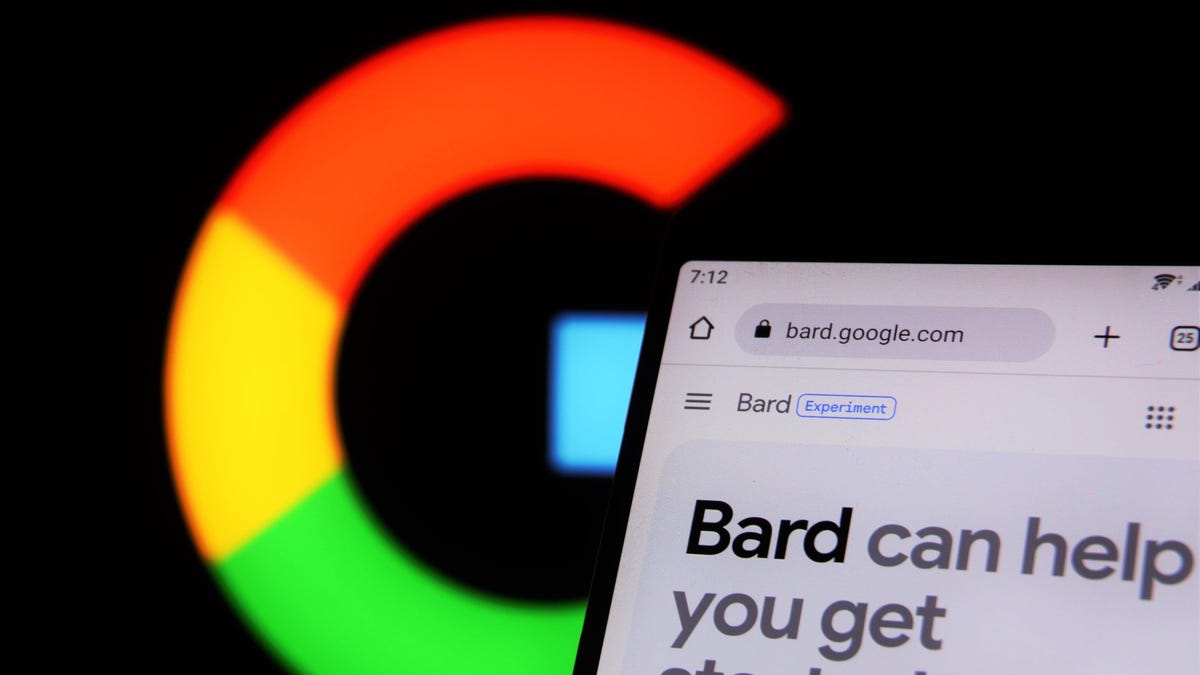
Ads for fake versions of Google’s generative AI tool, Bard, are showing up on Facebook to steal social media accounts of U.S. small businesses, according to a lawsuit from Google filed Monday.
The phony Facebook ads ask users to download Bard, but the AI doesn’t need to be downloaded – it’s a completely web-based product. Naive users actually downloaded malware that stole social media credentials and compromised their accounts. Google’s lawsuit aims to disable any current domains related to the trap and bar the alleged fraudsters, located in Vietnam and India, from setting up any more. This is considered the first lawsuit to protect users of a major tech company’s flagship AI product, Google’s general counsel Halimah DeLaine Prado said to the Wall Street Journal Monday.
Advertisement
Google filed roughly 300 takedowns of fake ads on Facebook, but it’s unclear how many users were impacted and what the hackers’ motive was. The lawsuit highlights the massive hype around generative artificial intelligence and limited knowledge of the actual products. Every day people are hoping to use products like Bard, and big tech is looking for AI safeguards to protect people from falling into traps like these.
Advertisement
“Today’s actions are part of our ongoing legal strategy to protect consumers and small businesses, and establish needed legal precedents in emerging fields of innovation,” said Google in a blog post Monday.
Advertisement
Fraudster created Facebook profiles to resemble Google Bard, going by the names of “Google AI,” “AIGoogle,” “AiGoogle,” “AIGoogle.Plus,” “AIGoogle Bard FB,” and “AIGoogleBard.” The real Google Bard advertises on the platform, making it even more difficult for users to sort through the fakes.
Google, OpenAI, and other companies have put forth broad copyright infringement protections, to instill confidence that consumers won’t face legal issues using generative AI products.
Advertisement
In a separate lawsuit also filed on Monday, Google sued a group of bad actors who abused copyright law to wrongly remove over 100,000 businesses’ websites, costing them millions of dollars and thousands of hours in lost employee time.
The bad actors filed bogus claims under the Digital Millennium Copyright Act (DMCA), which allows for a website to take down content considered copyright infringement if it’s flagged by the rightful owner. Google sued dozens of accounts connected to these phony claims hurting small businesses in order to stop the activity and deter others. The DMCA was created to protect users from copyright cases, but overzealous content moderation has long been an issue for the provision.
Services Marketplace – Listings, Bookings & Reviews